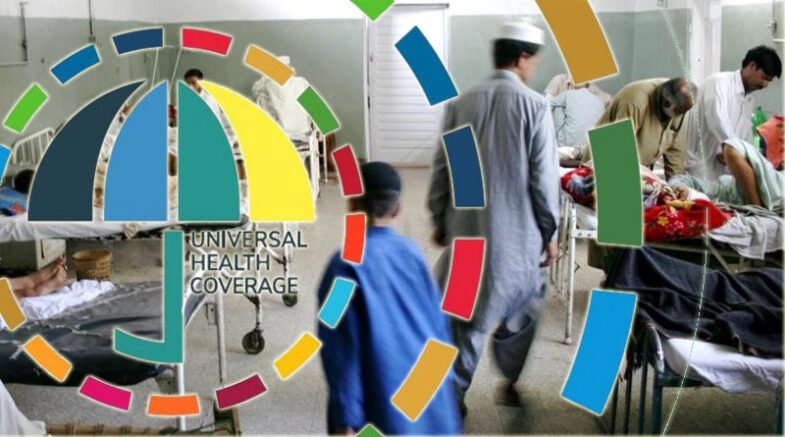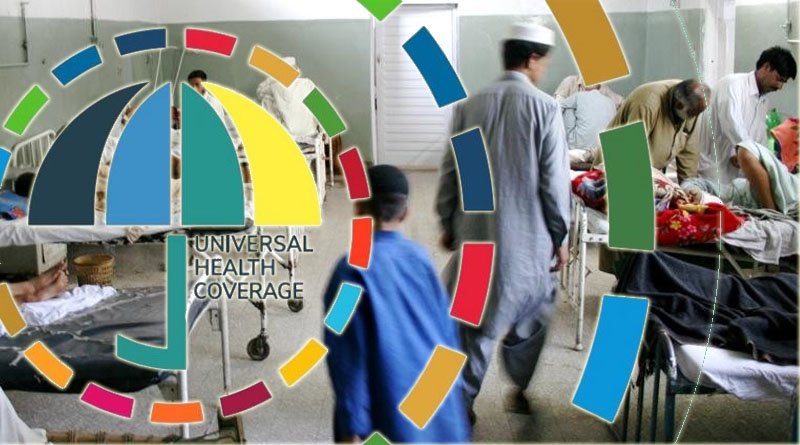The Health Minister stated on Monday that maintaining progress toward Universal Health Coverage (UHC) was difficult, but it was the first and foremost political choice.

The Health Minister stated on Monday that maintaining progress toward Universal Health Coverage (UHC) was difficult, but it was the first and foremost political choice.
“Investing in UHC is the only way to ensure our communities’ socioeconomic well-being in the context of health. I would like to thank the provincial and federating area health departments and health development partners for their extensive support and contribution to progress in Universal Health Coverage UHC,” he said in a statement read aloud at an event to share Pakistan’s experience in developing UHC.
The event was organised in collaboration with the Ministry of National Health Services (NHS) and the Aga Khan University (AKU). The chief guests were Dr. Mahesh Kumar Malani, Minister of State for Health, and Dr. Awad Mataria, WHO representative. The event was attended by representatives from the federal and provincial health departments, AKU, UN agencies, health development partners, and other stakeholders.
People should have free access to a full range of high-quality health services when and where they need them. It encompasses the entire spectrum of essential health services, from health promotion to prevention, treatment, rehabilitation, and palliative care.
Dr. Malani stated that the government is committed to assisting Pakistanis in maintaining and improving their health in order to rank among the region’s healthier nations.
“The development of national and provincial/federating area essential packages of health services (EPHS) is an important milestone in Pakistan’s healthcare reform journey because it is a stepping stone to building a resilient and responsive healthcare system that will inevitably contribute to improving people’s health,” he said.
Dr. Mataria, a WHO representative, stated that the implementation of EPHS was critical and that multi-sectoral collaboration was essential. He believes that the health security agenda, as well as programmatic monitoring, should be strengthened.
Dr. Ala Alwan of the Disease Control Priorities 3 (DCP3) Secretariat praised Pakistan’s government for its hard work.
He emphasised the Ministry of Planning and Finance’s role in EPHS implementation, as their participation was required for its long-term financing. He stated that the private sector should be involved in the implementation phase because primary healthcare services in Pakistan are primarily provided by the private sector.
Mirza Nasiruddin Mashood, the Special Secretary for Health, stated that the ministry was committed to working closely with the provincial and federating areas, as well as other stakeholders, to ensure not only effective coordination but also the provision of necessary technical support in health.
“Our common goal is to achieve universal health coverage through efficient, equitable, accessible, and affordable essential health services while meeting international obligations and commitments,” he said.
